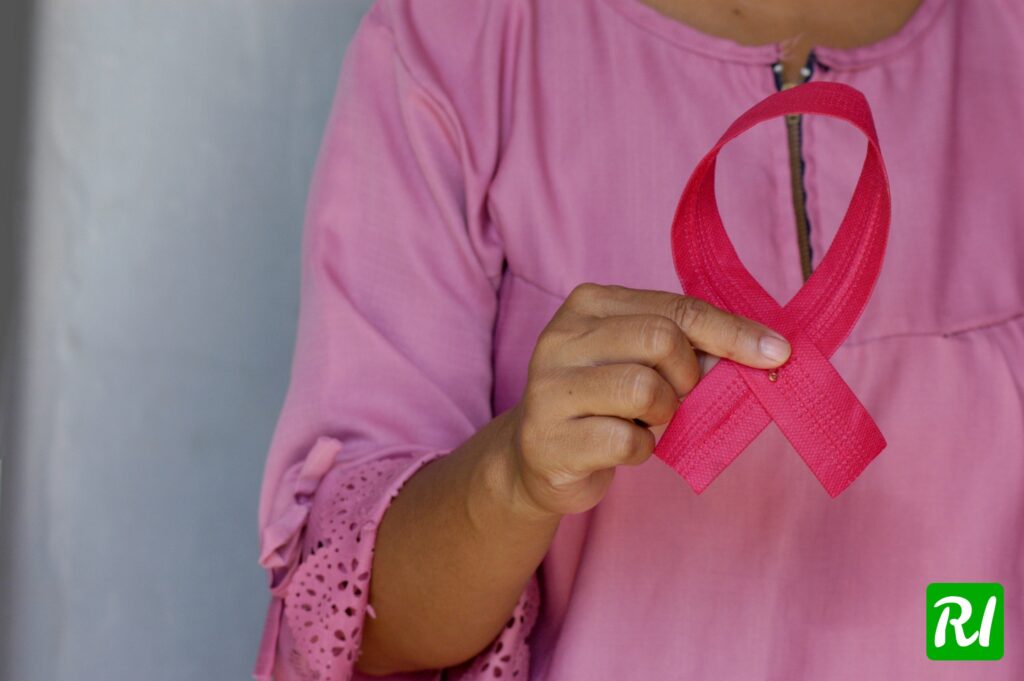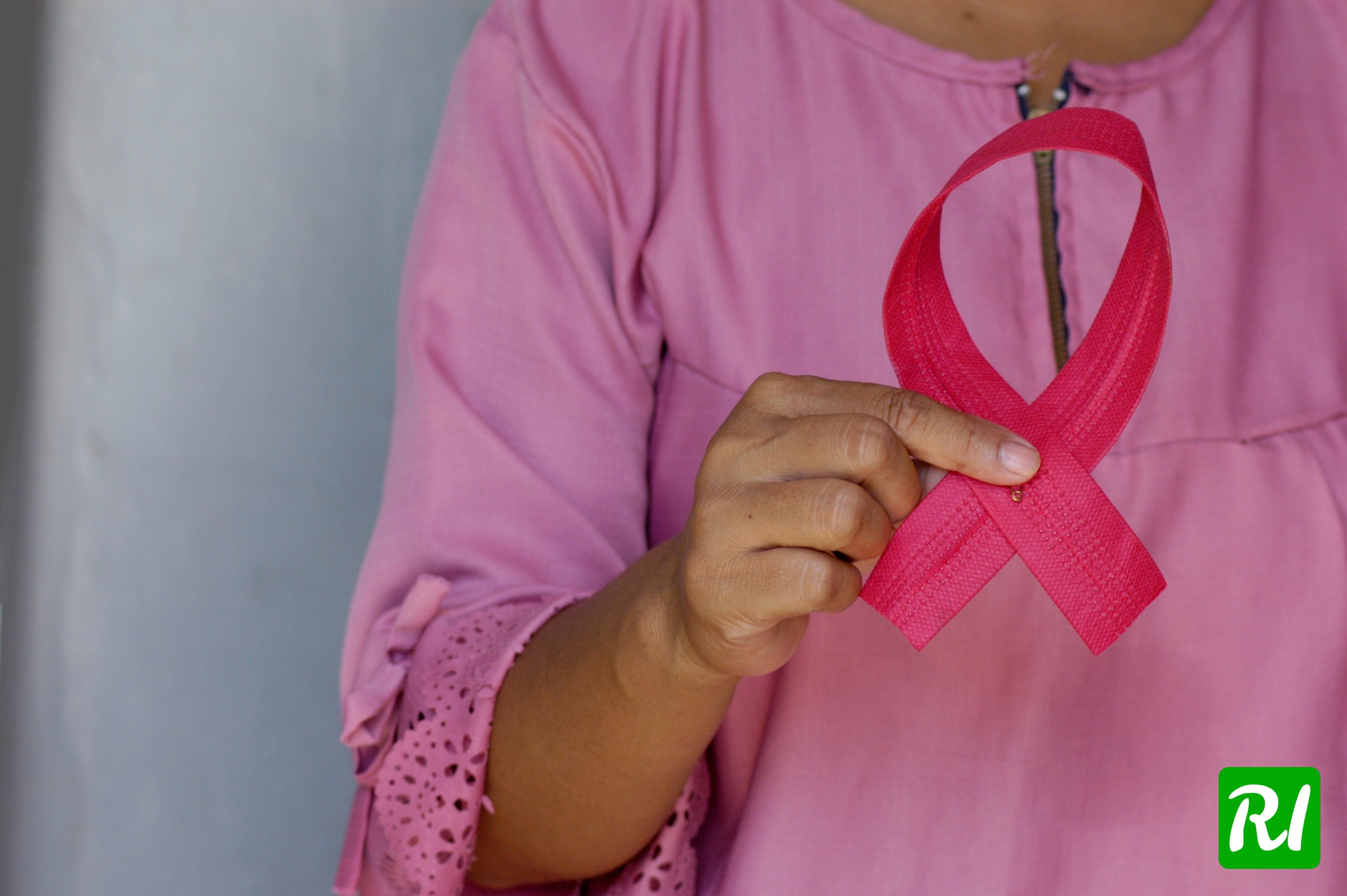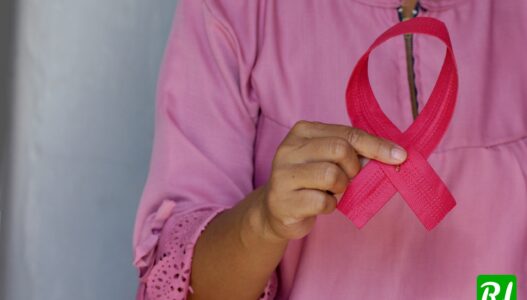Resilience in Cancer is an important topic of consideration in the medical academic community. In this article, we discuss what resilience in cancer actually means, what its facets are and how it might positively influence the suffering of cancer.
Why Resilience?
There are 14 million cases of cancer worldwide every year. The diagnosis of cancer heralds immense anguish, suffering and stress. Along with the prospect of prolonged, painful and invasive treatment, cancer patients have to make sense of the fear of death and uncertainty and anguish about their future. The diagnosis of cancer implies severe disruption to all domains of daily life including the ability to work and earn, be physically and socially active and stay independent. The perception of cancer as a traumatic illness is further strengthened by the possibility of relentless progression of the disease as well as invasive treatments such as surgery and chemotherapy which can lead to tremendous physical pain, disability and ill health.
Resilience in cancer might be viewed as an individual’s ability to maintain or restore relatively stable psychological and physical functioning in the face of the stress and adversity that cancer entails. It refers to a person’s protective attributes and/or personal characteristics that are thought to be modifiable and to promote successful adaptation to cancer. The good news is that more and more research seems to show that resilience is a dynamic process and can change over time, contexts and environments. This means that resilience can be trained and acquired irrespective of supposedly fixed personality traits and situational variables.

Adaptation to cancer can be influenced to a significant extent by multiple resilience factors, and strengthening these factors can aid successful adaptation, flexibility and growth despite the trauma of having cancer. Some of these resilience factors include optimism, self esteem, cognitive flexibility, positive emotions and refocusing, acceptance, coping, social support and spirituality.
During the process of strengthening resilience, people change, and these changes are thought to be brought about by new attitudes and views, newly acquired strengths and competencies, partial immunization to the effects of future stressors and surprisingly, possible changes in gene expression. Another heartening factor is that more and more research is showing that cancer patients can benefit significantly from resilience-enhancing interventions especially in the period immediately after diagnosis and in tandem with physical treatments.
What the Research Shows
Increasingly, research is showing that resilience in cancer plays a vital role in maintaining and improving quality of life. There appear to be several personal as well as disease-related factors related to resilience in adult cancer patients. Among the personal factors, gender is certainly correlated with resilience. Studies show that females generally have lower resilience scores than males. Lung and gastric cancer specific studies have shown that resilience scores are higher in those who do not live alone. In breast cancer, it appears that not having a partner does not affect resilience while in oral cancers, those with a partner had higher resilience scores.
Education and employment have a positive association with resilience. Studies show that those who are educated score higher on resilience ratings and among the educated, the higher the education level, the higher the resilience scores.
Family economic status is an important determinant of resilience, as is the nature and extent of social support available. A study on lung and breast cancer found that the higher the household income, the higher the resilience scores. Similarly, studies with bladder and colorectal cancer patients have shown that the more the available social support, the higher the resilience levels.
How age affects resilience is still unclear. Some research shows that the elderly have lower resilience scores and among patients with lung, breast and colorectal cancer under treatment, those who were 71 or older had lower resilience scores that those between 51 and 60.
There are several disease-related factors that influence resilience. These include but apparently are not limited to physical symptoms, time after diagnosis, type and stage of cancer, treatment stage, the number of times treatment is changed and comorbidity. While the effects on resilience of most of these factors is still under debate, it does appear that physical symptoms are strongly correlated with resilience. Some studies have noted that the more severe the physical symptoms, the lower the resilience scores. Also it seems that if patients are able to spend daily lives without problems, their scores are higher.
Coping and Resilience in Cancer
Coping has been defined as the cognitive and/or behavioral efforts that are made to deal with stressful or difficult situations that test people’s resources. Generally speaking, two kinds of coping are identified – problem oriented or adaptive coping and emotion oriented or disadaptive coping. Problem oriented coping purports to manage or modify the problem that is causing the difficulty whereas emotion oriented coping tries to regulate the emotional response to difficulties. Evidence seems to support the notion that in cancer several kinds of coping strategies are employed and that coping effectiveness varies with variables like time since diagnosis, medical treatment, cancer stage etc. In addition, the way one copes is intimately linked with resilience levels and both work in concert in determining the success or failure of meaningful adjustment to the disease.
Some investigators have noted that coping strategies like acceptance, positive reappraisal and seeking social support are more conducive to well-being in cancer patients than the more disadaptive strategies such as rumination, blame, avoidance and negation. Not surprisingly, coping has been linked to resilience. Research has shown that some of the more adaptive ways of coping such as planning, putting into perspective, acceptance, positive refocusing and reevaluation are positively related to resilience with those employing these strategies having higher resilience levels. This in turn improves quality of life and perceived well-being. Coping methodology and resilience levels interact in a complex fashion with resilience moderating the influence that coping with the disease has over the more distressing symptoms such as anxiety, fear and depression.
Factors Related to Resilience in Cancer
‘Meaning making’ is a notion that tries to explain someone’s adjustment to his or her cancer experience. In the first few months after diagnosis, cancer patients are forced to reevaluate their general sense that life has order and purpose as they battle existential distress, concerns over health and safety and fears over dependency and lost autonomy. This process of searching for new meaning as cancer patients struggle to come to terms with a new reality is termed meaning making. Meaning making has been suggested to be contributory to the successful adaptation to cancer. However, the meaning has to be arrived at via the process of the evaluation of the cancer experience and evidence also shows that the meaning has to really be attained for actual benefits. On the other hand, fruitless rumination and worry and attempts to derive meaning result in unnecessary distress and discomfort rather that give rise to successful adaptation.
Another concept that is closely linked to resilience in the context of the cancer experience is called ‘sense of coherence’. The sense of coherence is described as a global orientation that expresses the extent to which one has a pervasive, enduring though dynamic feeling of confidence that events in one’s inner and outer world are structured, predictable and explicable; the resources are available to one to meet the demands of these events and circumstances and that these demands are challenges worthy of investment and engagement. More and more research is accumulating that shows that SOC is a health promoting factor and is positively correlated with quality of life, much like resilience is. Significantly, in a study of breast cancer patients, it has been shown that patients with a higher SOC score had a 63% lower risk of cancer progression and an 80% lower risk of cancer related mortality than those with lower SOC scores.
This post on resilience is by no means exhaustive and the Resiliency Initiative hopes to present more articles related to resilience in cancer introducing conceptual notions such as post traumatic growth. Hopefully, this article will have given you a reasonably thorough grounding of the notion of resilience in the context of cancer and why it might be important if you happen to have cancer. Do watch this space and also bear with us as we gradually introduce more information and resources that will be of benefit to the chronic illness community.


